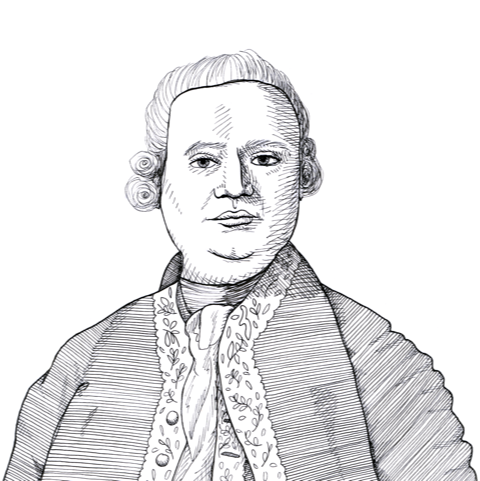
David Hume on the Perception of Beauty
Found in: Essays Moral, Political, Literary (LF ed.)
David Hume (1711-1776) was a moral philosopher, historian, and leading member of the Scottish Enlightenment. In an essay entitled, “Of the Standard of Taste,” included at the end of Part I of the Liberty Fund collection of his essays, Hume outlines his perception-and-contemplation-driven account of judgements concerning taste and beauty:
Philosophy
On the contrary, a thousand different sentiments, excited by the same object, are all right: Because no sentiment represents what is really in the object. It only marks a certain conformity or relation between the object and the organs or faculties of the mind; and if that conformity did not really exist, the sentiment could never possibly have being. Beauty is no quality in things themselves: It exists merely in the mind which contemplates them; and each mind perceives a different beauty. One person may even perceive deformity, where another is sensible of beauty; and every individual ought to acquiesce in his own sentiment, without pretending to regulate those of others. To seek the real beauty, or real deformity, is as fruitless an enquiry, as to pretend to ascertain the real sweet or real bitter. (FROM ESSAY XXIII: OF THE STANDARD OF TASTE) - David Hume